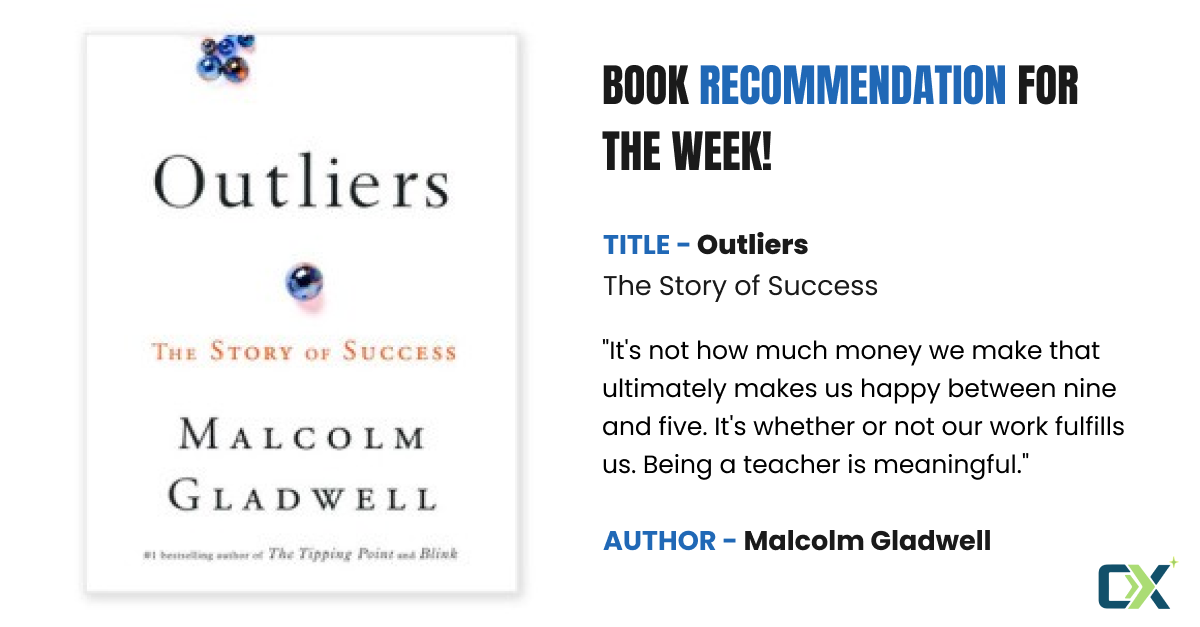With the changing business landscape, the dynamics of employment have also undergone a sea change. The priorities of employees have changed, too, and unlike a decade or score ago, growth opportunities have supplanted loyalty. The workforce today doesn’t believe in sticking with one company for the rest of their career. Therefore, the taboo attached to job-hopping has been mitigated but not entirely gone.
While it can be contended that not everyone’s career takes off with the first job, and sometimes, it takes a couple of switches to find the job matching one’s aspirations, the onus lies on the employee to prove that there was some value-add for the employers.
What prompts people to switch-jobs?
The need for instant gratification lies at the core of job-hopping. Unlike career-driven individuals who are fuelled by long-term goals, job-hoppers look at short-term positives. The search for a better work-culture, fatter paycheck or simply, the perfect job, are prime reasons why such people look out for a new job.
Job search mistakes
Sometimes, job hopping could be the result of an oversight or an ill-advised career move. Some people fail to be discreet in their job search and accept the first job that offers them a decent paycheck. Finally, when they realize that their career aspirations are not in line with their current job, they feel antsy to correct the career misstep and find themselves back in the job market. One can prevent such oversight by conducting a proactive job search and getting a full clarity on all aspects of the job before taking up the offer.
The illusion of perfect job
The myth of perfect job has ruined many careers. Many employees run away from the challenges of their current job in search of a job where the boss will be nicer, colleagues will be co-operative or simply, the salary will be better. The employment statistics prove that too many candidates leave jobs due to short-term obstacles and take new ones to obtain instant relief.
When this process goes on for far too long, the job-hoppers find themselves in the vicious circle of dissatisfaction and under performance, devoid of any sense of long-term commitment. While job-hopping might seem like a quick solution to an immediate problem, it doesn’t really pay off in the long run.
The lure of instant gratification
The millennial mind-set, driven by instant gratification, is to blame for the lack of resolve among the millennials, the Gen-Y and the Gen-Z, to iron out any obstacles in their job. This means that the initial phase of their career during which the foundation is built and skills are acquired, is just a spotty patch of mismatched jobs.
In a world that propagates instant gratification- be it fast food, same day service, instant access, etc., the millennials are beginning to forget the virtue of patience. It is important to learn that every job has its ups and downs. When faced with obstacles, one must exhaust all the alternatives to fix the problem before looking out.
In the eagerness to build a career, you must not get jittery if your boss is not giving you any “important tasks”. Every job has a learning curve and you must prove your potential by performing each task efficiently. Same goes for all other aspects of your job- be it the work culture or colleagues. You have to be a creative problem solver at every step of your job, if you wish to leave a legacy behind when you quit the company.
When job-hopping isn’t all that bad
While job-hopping is generally frowned upon by recruiters, some highly dynamic industries call for versatile and diverse skill set. In such cases, recruiters would be willing to make allowance for job hopping if you have switched jobs to acquire new skills. If your resume can show a person who contributes and adds value to the company, your prospective employers might want to give you a chance. They might overlook your lack of ability to stick around if you show them how your previous employers have benefited from your services.
Decide wisely
Overall, career is a highly personal choice as the factors that drive each of us are different. Even if you have changed several jobs, the job market will still look kindly at you if you have been able to create any value-proposition for your employers. However, if you are switching jobs just to run away from obstacles or chasing big bucks, you might end up having a job that pays your bills, but not a fulfilling career.




Leave a Reply